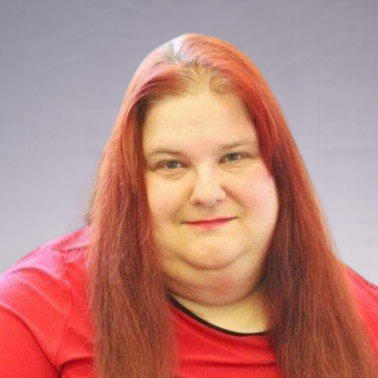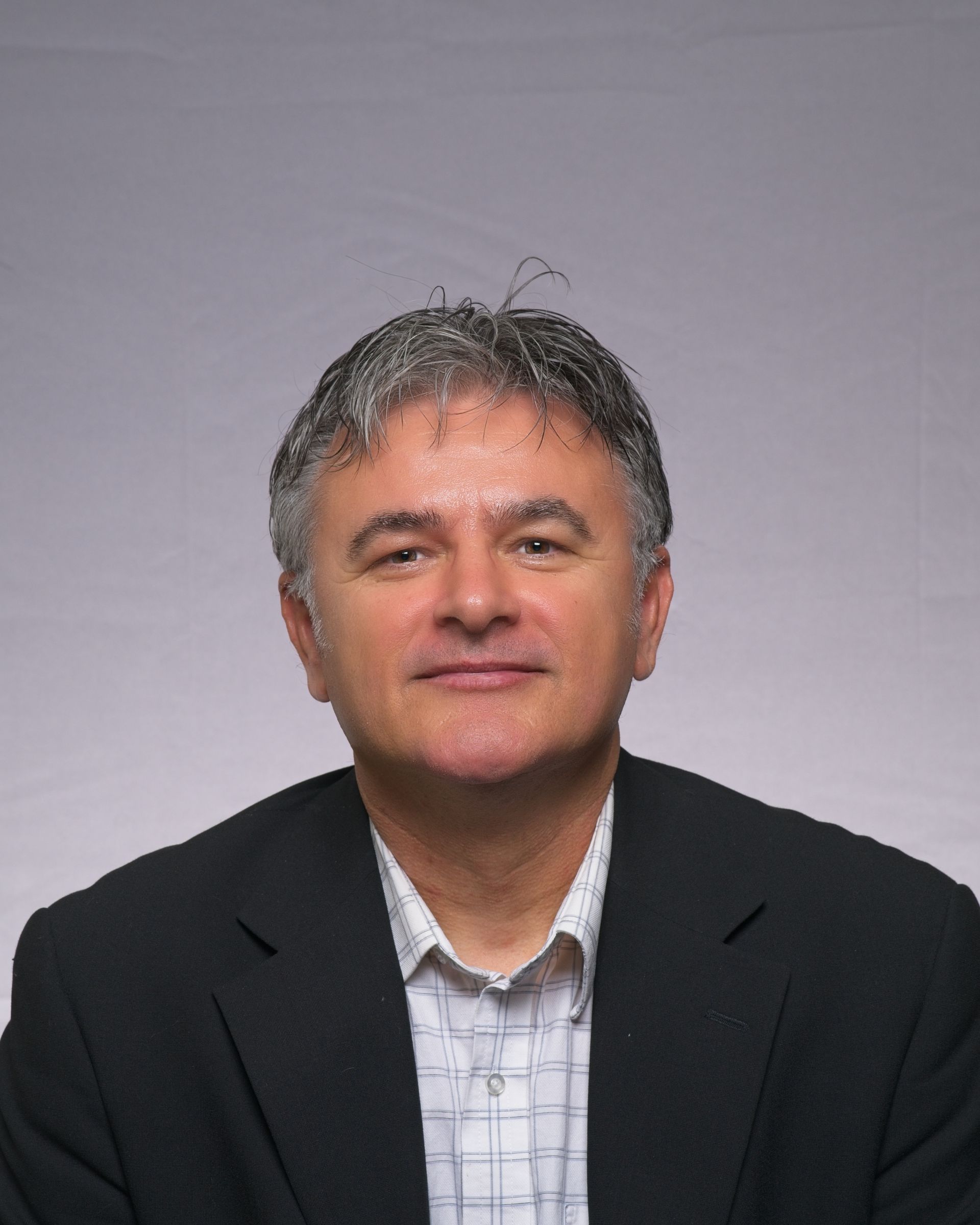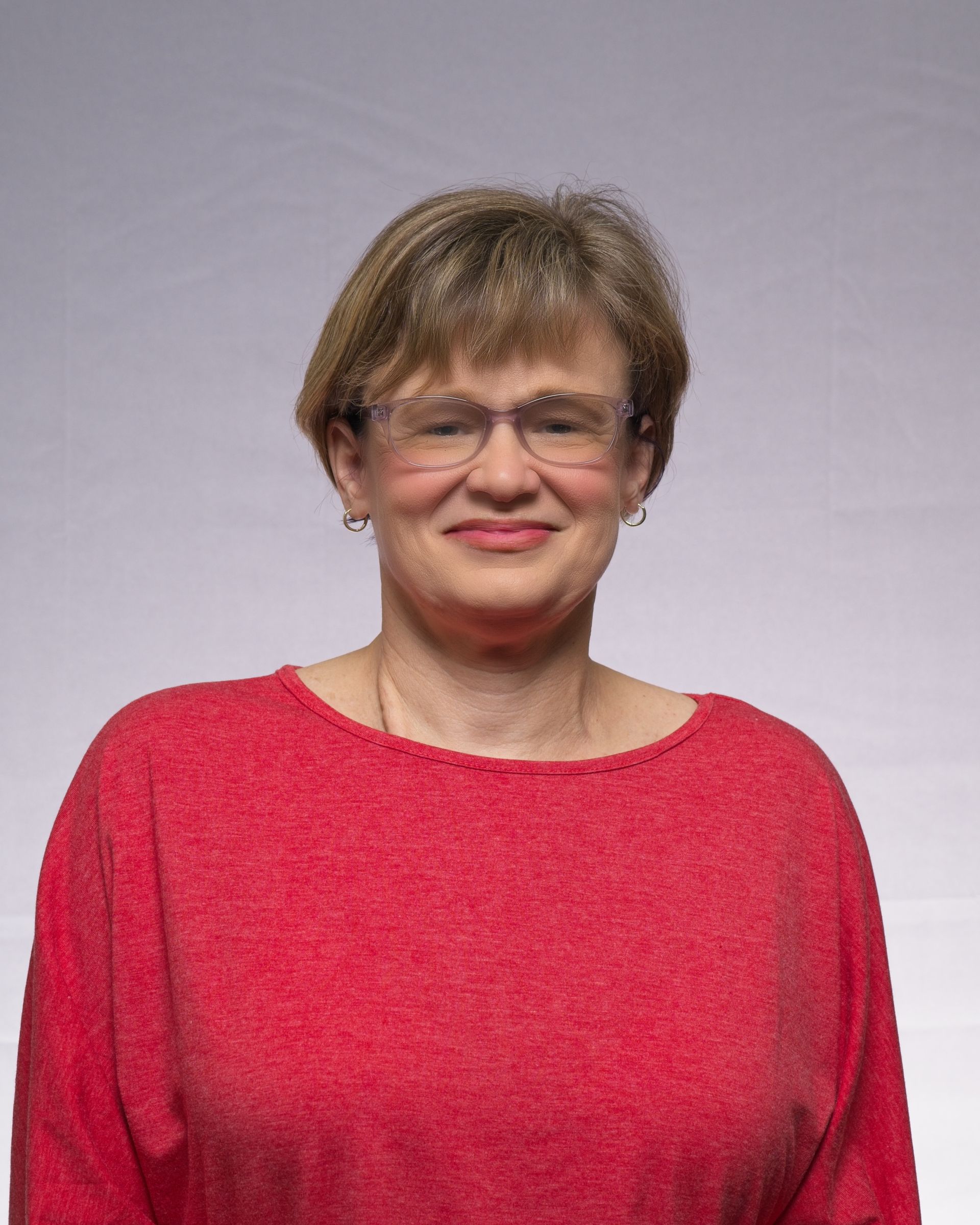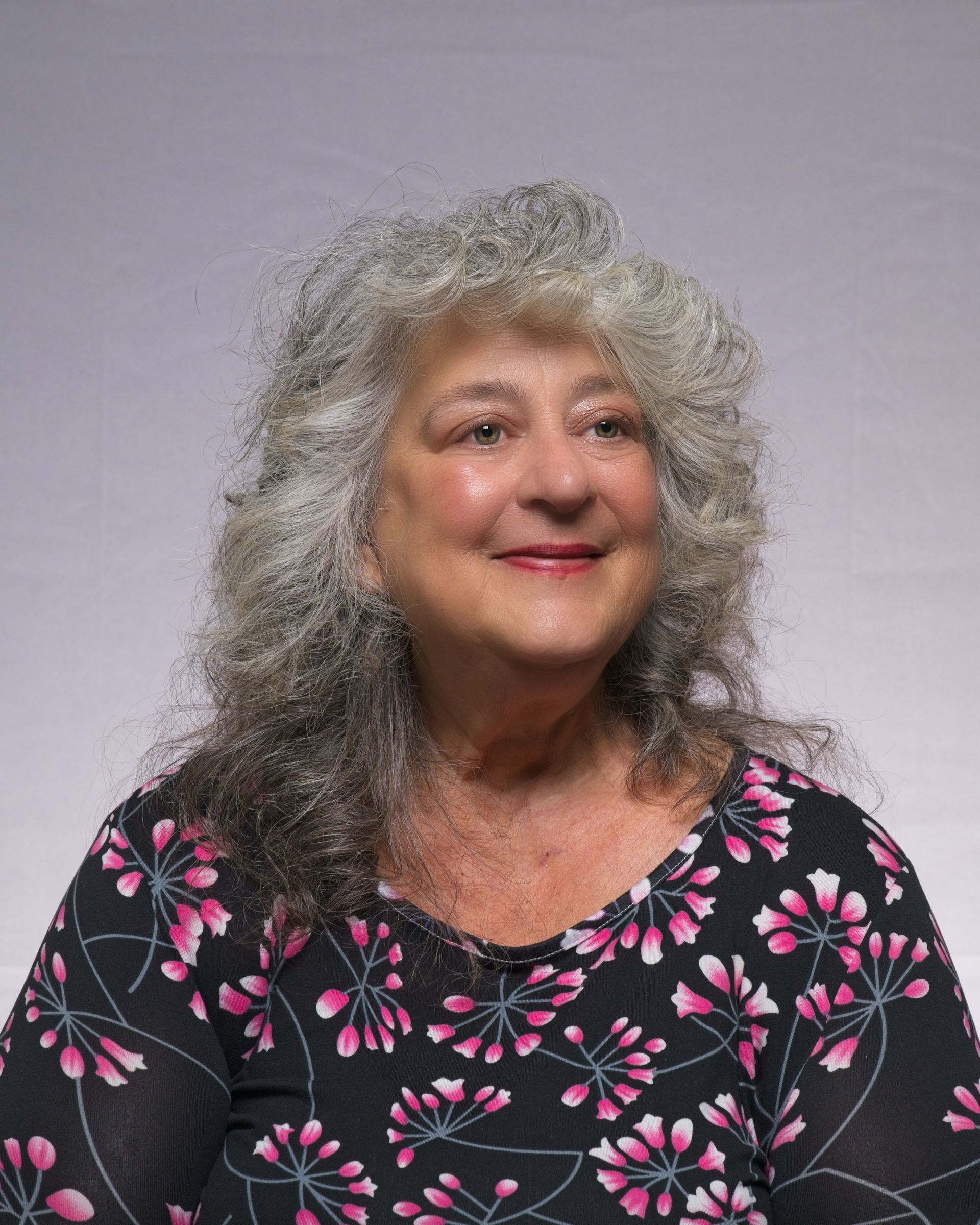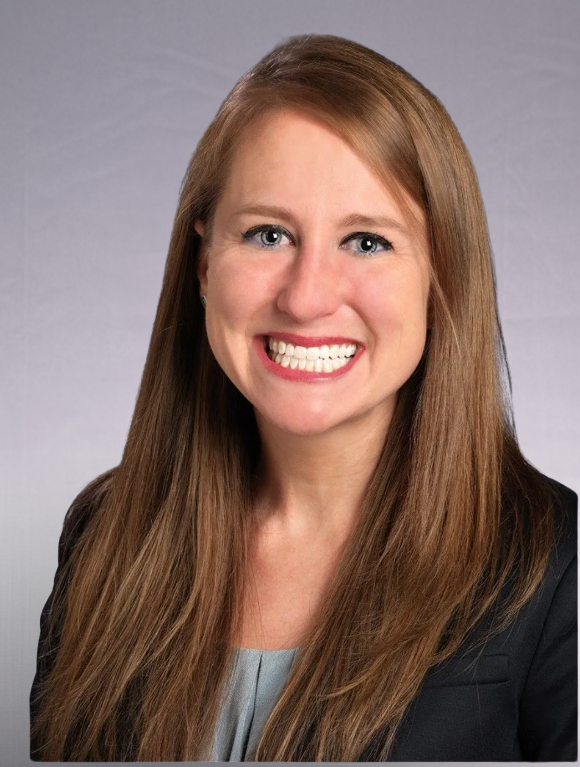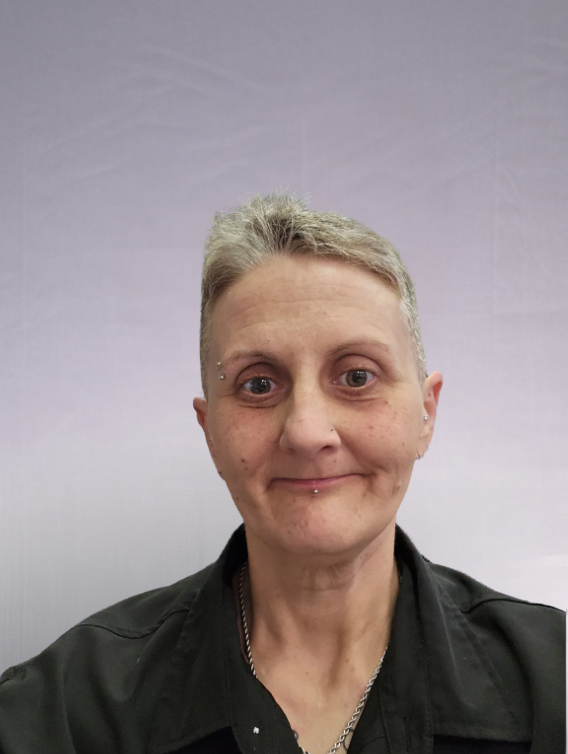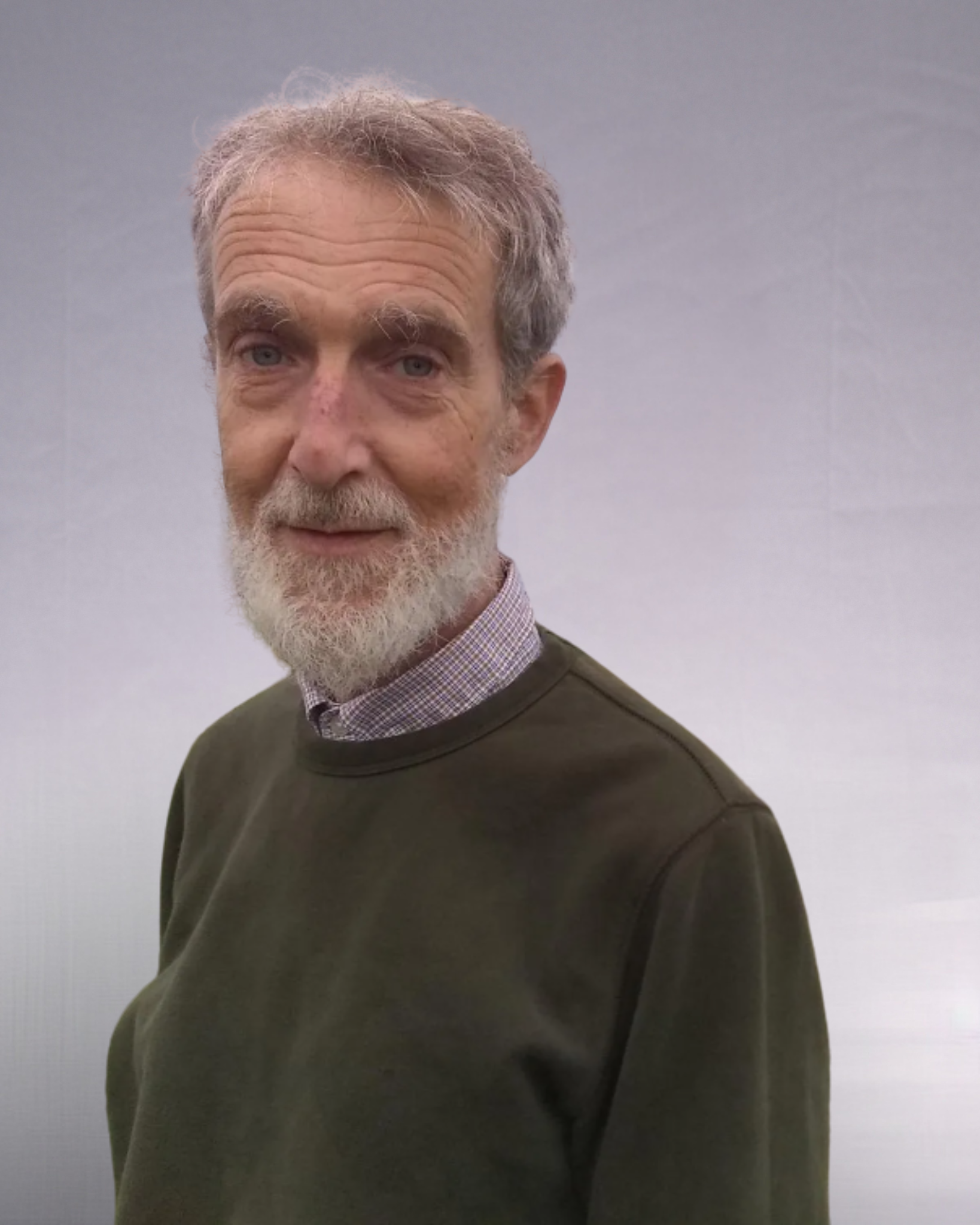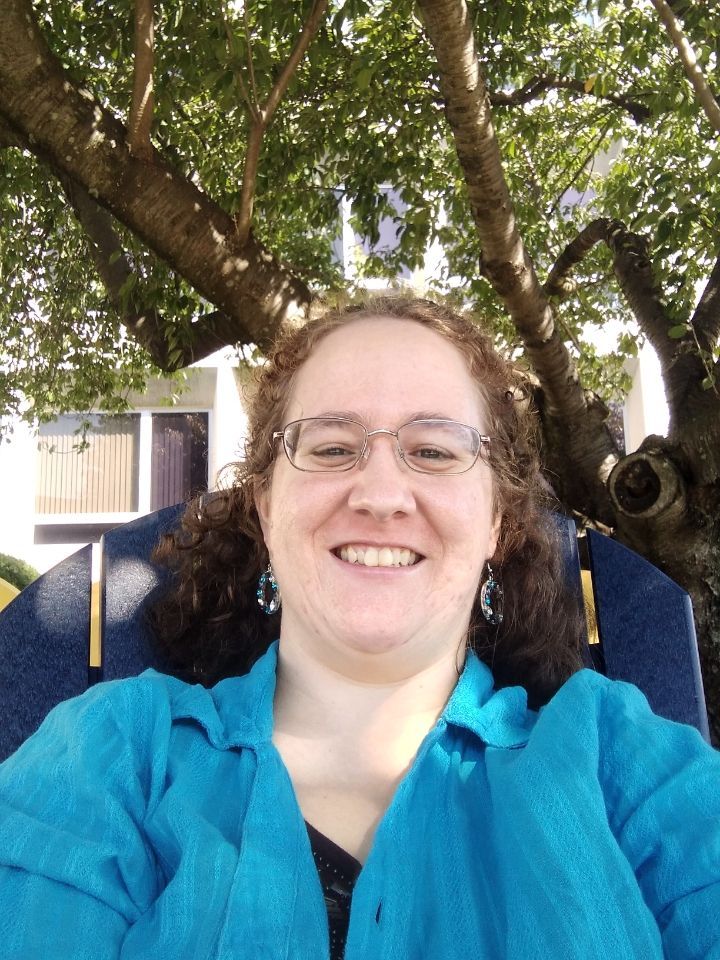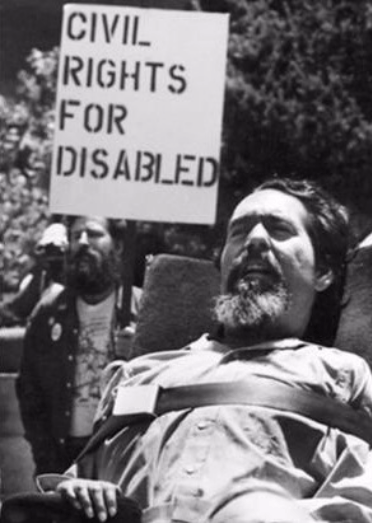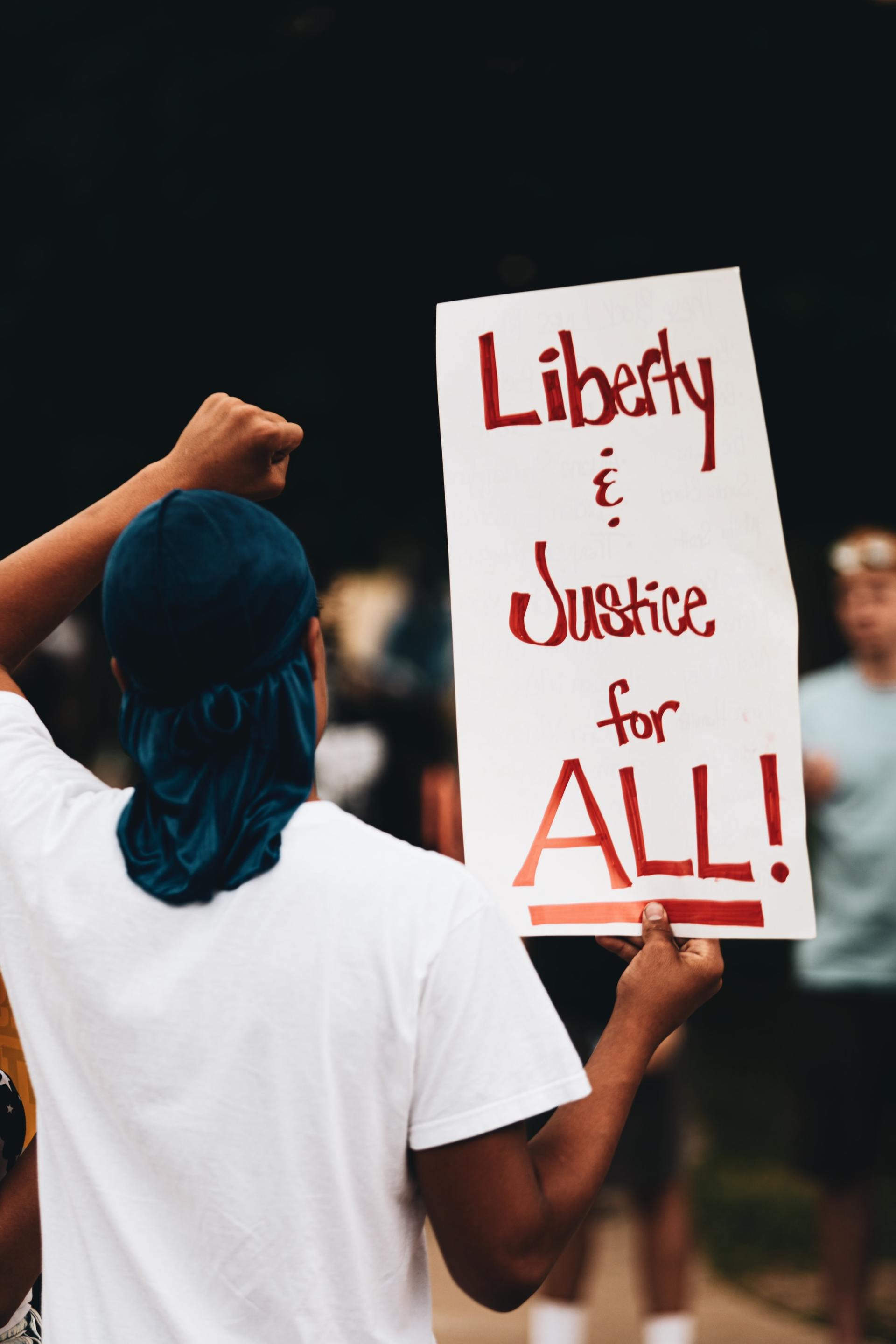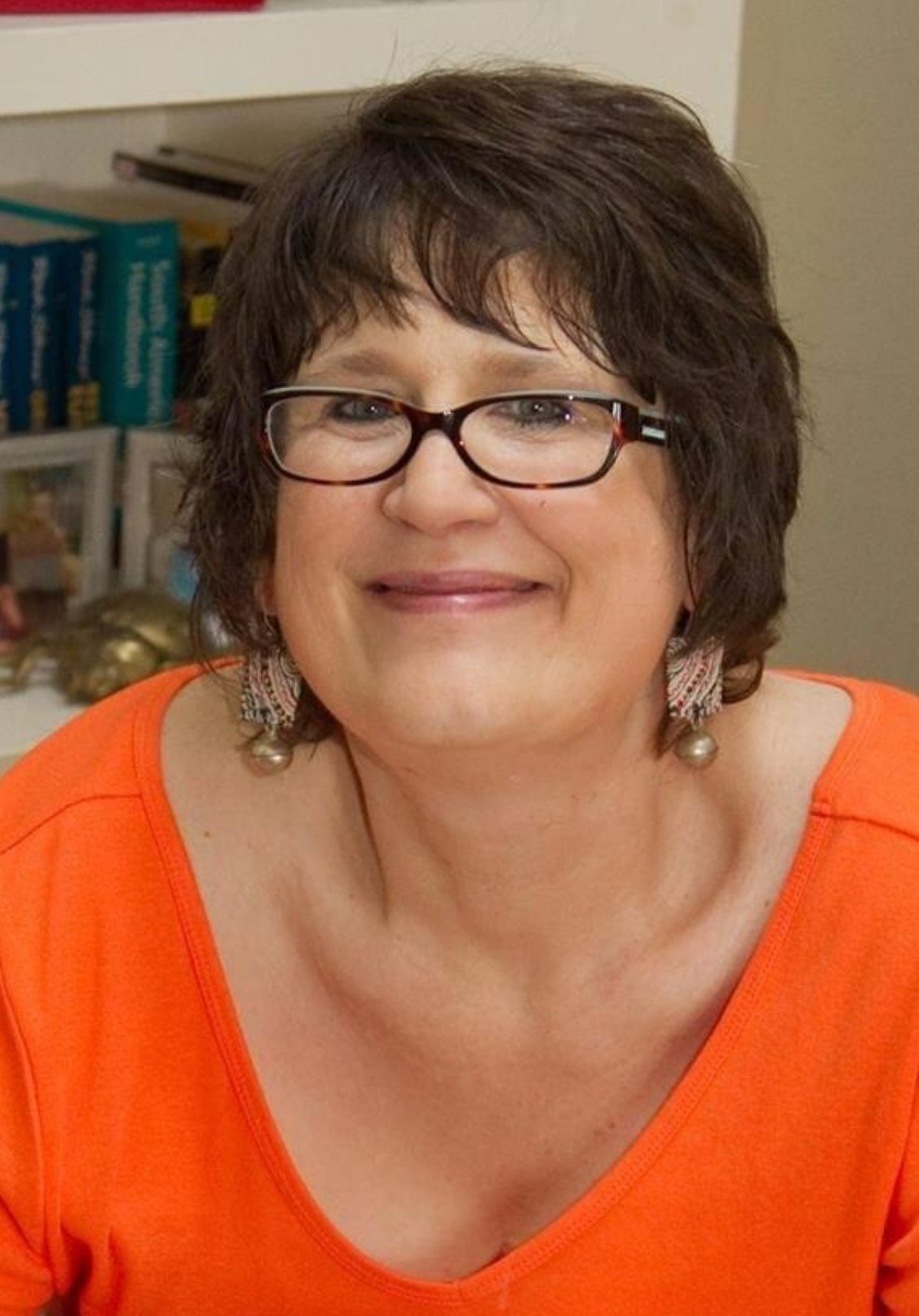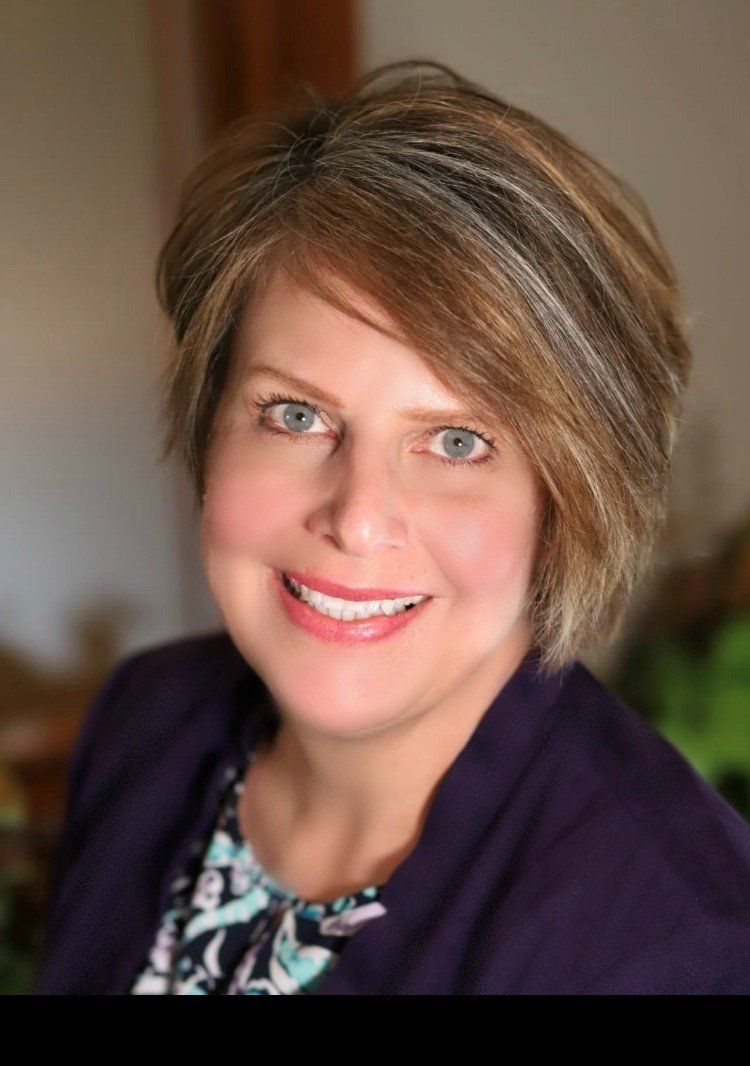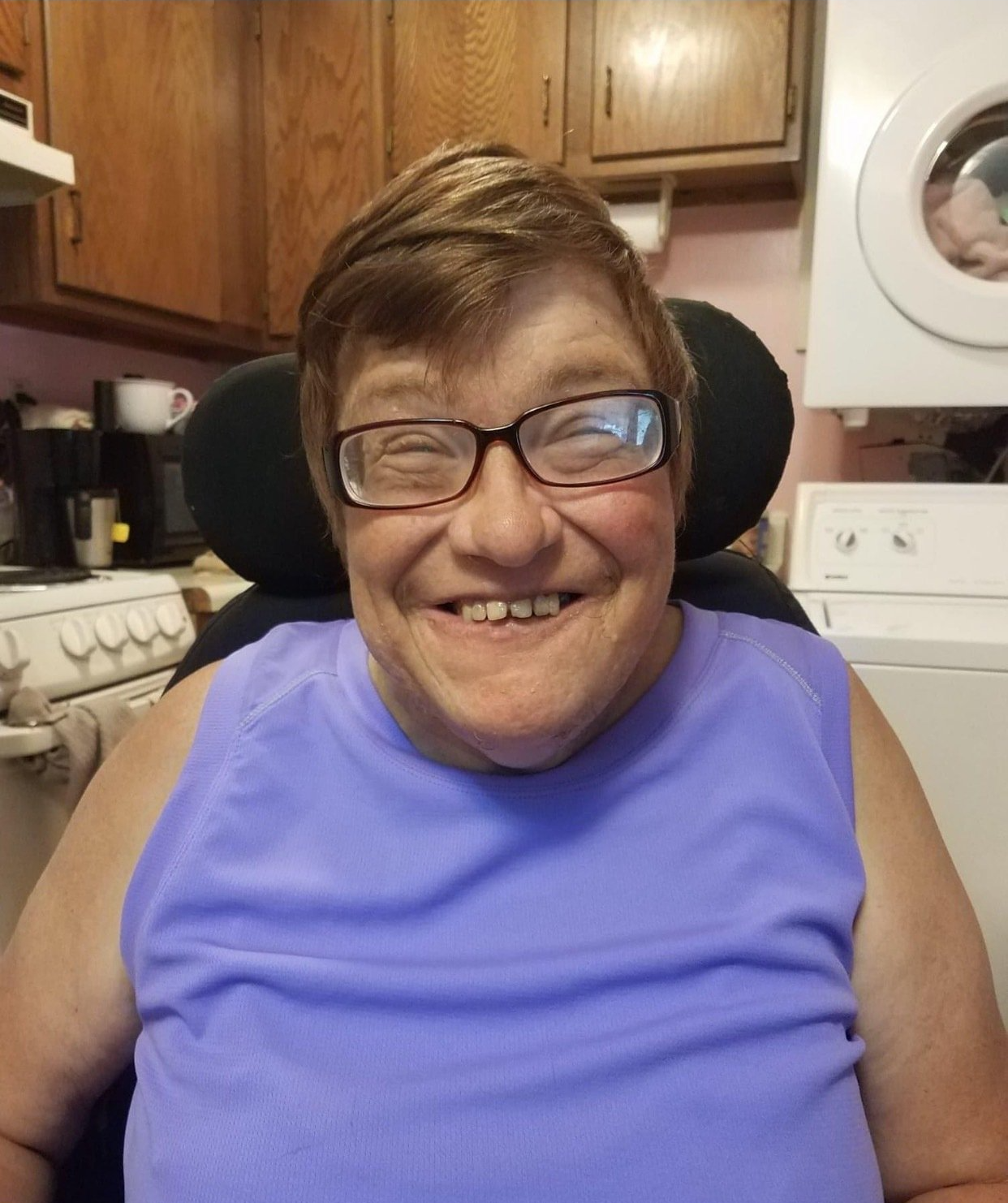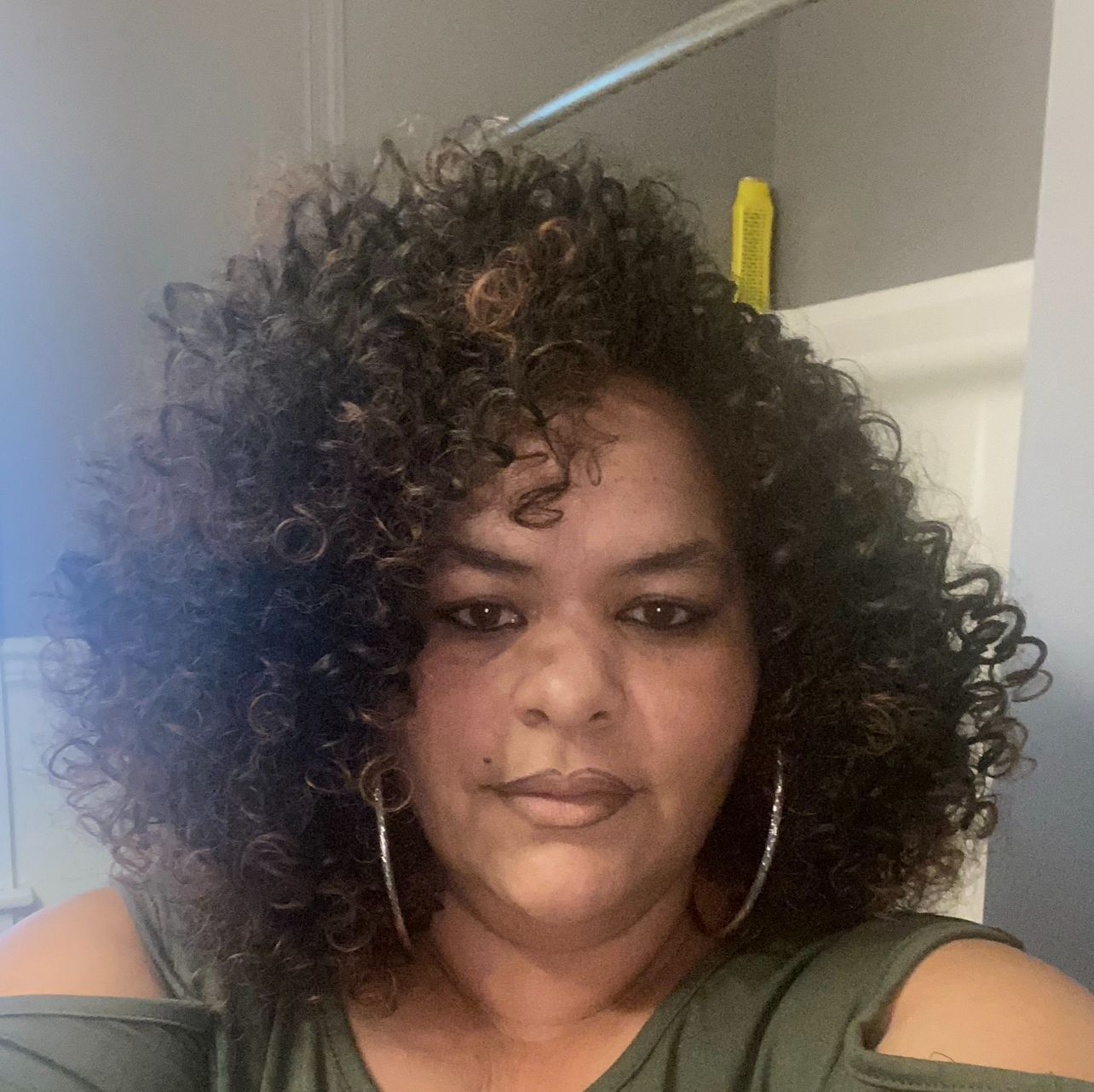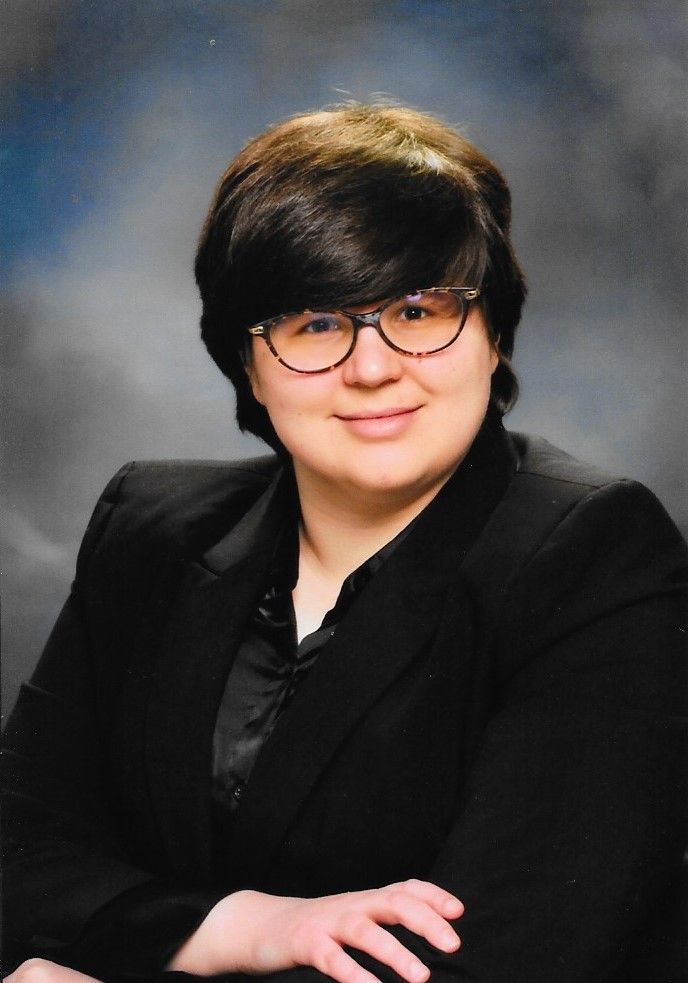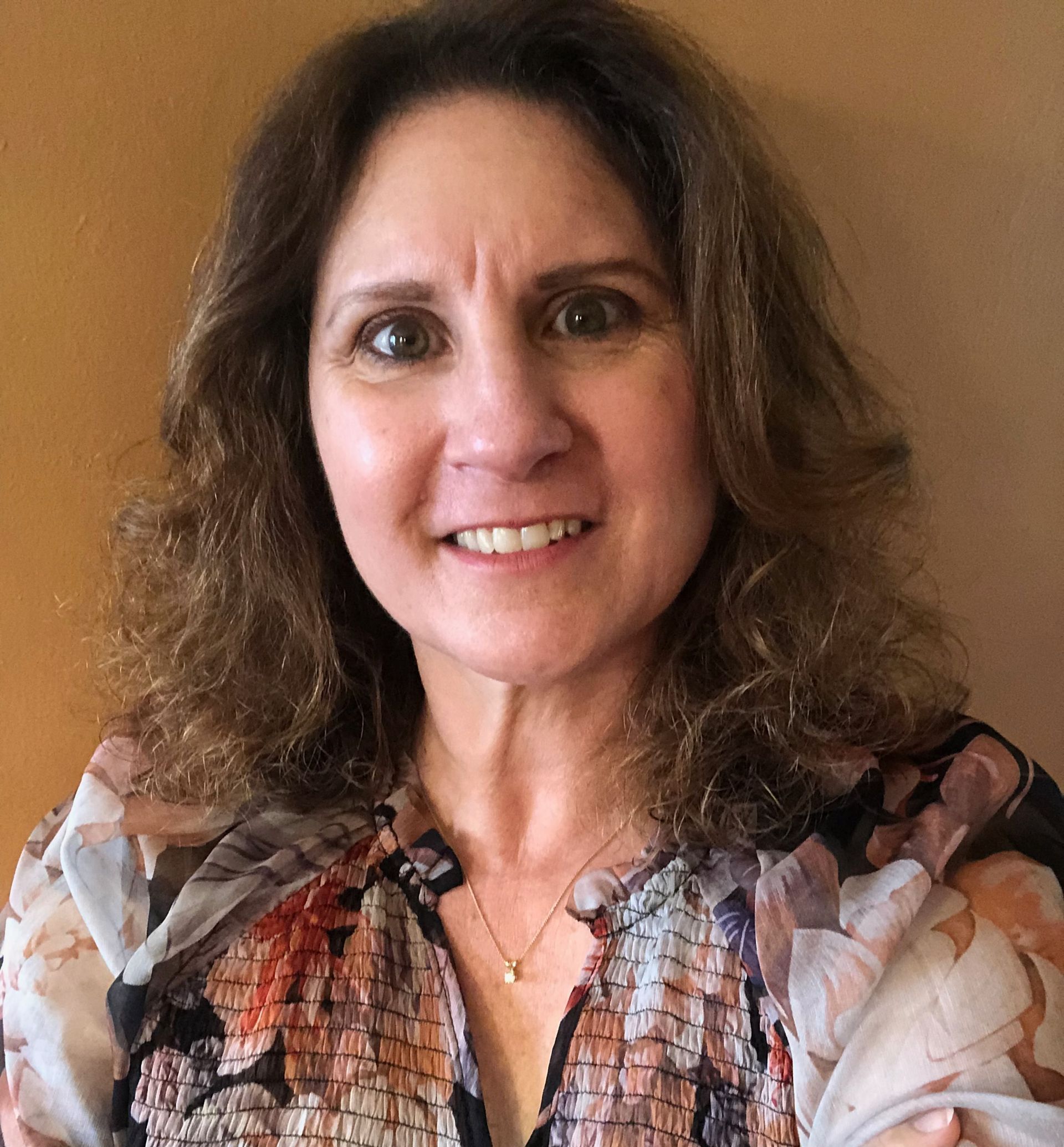New Paragraph
ABOUT DEC
Eliminating Barriers & Obstacles
Through all of our individual and collective efforts, we work to eliminate barriers, ensure access, protect civil rights, and affect positive social change. DEC provides free and confidential services that prioritize self-determination, consumer control and personal choice to individuals of all ages, and with all types of disabilities.
Centers for Independent Living fight similar battles to ensure that the rights of people with disabilities are protected. Even with the passage of the Americans with Disabilities Act, people with disabilities often find that advocacy and support from the disability community and the Disability Rights Movement is an essential element in enforcement of the civil rights law. Many of the issues we fight for have strong opposition and powerful lobbyists in the for-profit sector. NCIL remains dedicated to the community values, objectives, and unity that we were founded on.
At the Disability Empowerment Center, we are dedicated to empowering individuals with disabilities through advocacy, collaboration, and fostering full community participation. As one of 16 Centers for Independent Living in Pennsylvania, we serve individuals of all ages across Lancaster and Lebanon counties, promoting self-determination and consumer control. Our mission is to remove barriers and ensure access, helping our consumers achieve their personal goals—whether that’s housing, budgeting, or transitioning back into the community from a nursing home. We are committed to protecting civil rights and advocating for social change, all while upholding the values of the Disability Rights Movement.
Core Services Overview
At the core of our mission is the commitment to empower individuals with disabilities to lead independent and fulfilling lives. Our comprehensive range of services is designed to provide essential support, guidance, and resources across various aspects of independent living. We strive to address the unique challenges faced by our consumers. Through these programs, we create a supportive community where individuals can thrive, navigate obstacles, and gain the confidence needed to advocate for themselves while building a brighter future.
● Peer Mentoring: This program connects individuals with disabilities to mentors who have successfully navigated similar challenges. These mentors provide guidance and support for living independently. Support is offered in various ways, such as accompanying consumers to appointments, assisting with paperwork, and listening to their concerns.
Consumers receive emotional support and experience personal growth through mentoring. Peer counseling involves mentors discussing the obstacles individuals face due to their disabilities, helping them understand the system, and navigating the stages of grief associated with their condition. Those who have lived with a disability for some time may encounter new emotions or experiences and may seek someone to talk to.
The philosophy of independent living emphasizes that people with disabilities learn best from those who have faced similar challenges. Peer mentors share lived experiences with consumers but are not licensed therapists.
● Information and Referral Services: These are initiated when individuals contact our office for assistance. Whether providing a simple phone number or more detailed support, our goal is to address their needs effectively. When callers require further assistance, they may become consumers who receive additional help.
We offer information about services available from both public and private providers and facilitate appropriate referrals to community resources. Our staff responds to various inquiries related to housing, transportation, Social Security, financial support, vehicle modifications, patient and student rights, durable medical equipment, and requests for disability awareness training, among other topics.
Consumers benefit from receiving timely and relevant information about issues that impact their community. Additionally, we coordinate referrals to local resources and collaborate with other agencies to ensure comprehensive support for our consumers.
● Independent Living Skills: We provide education and encouragement to help individuals develop personalized plans for achieving independence. Many DEC consumers seek skills to maintain their independence. An independent living skills coordinator works with individuals to help them reach their specific goals. If we cannot provide direct services, we assist them in navigating community resources to achieve their objectives. Skill training includes but is not limited to:
- Job search
- Resume writing
- Interview Skills
- Transportation (navigation of the public transportation system)
- Cooking
- Communication Skills
- Consumers learn daily living skills with individualized training (budgeting, using public transportation, training their own attendant, etc.)
- Increase consumers' opportunities to live independently
● Advocacy: Advocacy occurs at various levels within our organization. When individuals encounter obstacles, we assist them in advocating for themselves to overcome them. We also advocate at local, state, and national levels to protect the civil rights of people with disabilities. Through individual and community advocacy, we support individuals in exercising their rights and accessing essential services.
Consumers learn what to do if they believe their rights have been violated. They also gain the confidence to advocate for themselves and support other individuals with disabilities.
● Transition Services: In this program, we serve two main purposes. First, we support nursing home individuals working to return to their communities. Second, we assist students as they transition from school to adulthood.
Ed Roberts
Father of the Independent Living Movement
Ed Roberts was an international leader and educator in the independent living and disability rights movements. He fought throughout his life to enable all persons with disabilities to fully participate in society. Ed was a true pioneer: he was the first student with significant disabilities to attend UC Berkeley. He was a founder of UC’s Physically Disabled Students Program, which became the model for Berkeley’s Center for Independent Living (CIL) and over 400 other independent living centers across the country. He was one of the early directors of CIL. He was the first California State Director of Rehabilitation with a disability; he was awarded a MacArthur fellowship; and he was co-founder and President of the World Institute on Disability.
Our History
Centers for Independent Living are community-based, cross-disability, non-profit organizations that are designed and operated by people with disabilities. CILs are unique in that they operate according to a strict philosophy of consumer control, wherein people with all types of disabilities directly govern and staff the organization.
From the NCIL website: When the process of deinstitutionalization began in the 1960’s, some people with significant disabilities were released from inevitable life sentences in nursing homes and other institutions, which created for the first time in history an opportunity, an imperative, for people with disabilities to live free and independent lives. From this, a community and a culture with history, values, and an objective were born.
Our first taste of emancipation came amidst massive civil rights movements nationally and abroad. Leaders of the disability community began to realize that our human rights and civil liberties would come only as we fought for them. With most state-run institutions closed, people with significant disabilities became more visible, and more audible, too. But society’s unwelcoming attitude did not change. The private medical industry quickly appropriated the responsibilities of formerly state-run institutions.
Centers for Independent Living were created to be run by and for people with disabilities, and offer support, advocacy, and information on empowerment in the attainment of independence from a peer viewpoint, a perspective that was hitherto excluded from participation in the discussion and execution of “services for the disabled.”
Independent Living activists carried out some of the most daring protests in American civil rights history, including the longest occupation of a Federal building in history, which led to the release of the regulations banning discrimination against people with disabilities in federally funded programs. As Independent Living philosophy took hold nationally and the Disability Rights Movement gained acceptance and political influence, a grassroots movement for a comprehensive disability rights law (the ADA) was implemented.
Today, Centers for Independent Living fight similar battles to ensure that the rights of people with disabilities are protected. Even with the passage of the Americans with Disabilities Act, people with disabilities often find that advocacy and support from the disability community and the Disability Rights Movement is an essential element in enforcement of the civil rights law.
Many of the issues we fight for have strong opposition and powerful lobbyists in the for-profit sector. NCIL remains dedicated to the community values, objectives, and unity that we were founded on.

